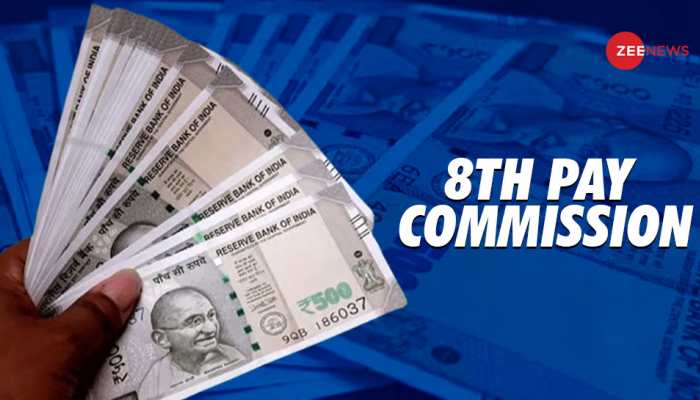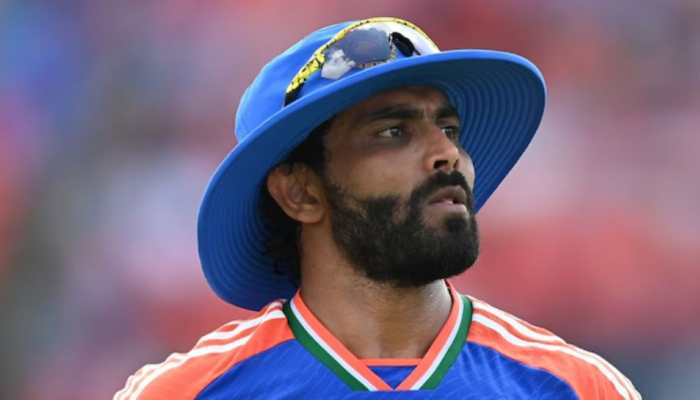Modi govt to celebrate July 1 as 'GST day' to commemorate first year of tax reform
The unprecedented GST was brought into effect on July 1, 2017 after being launched in a majestic ceremony at the Central Hall of Parliament on the midnight of 30 June, 2017.
Trending Photos
)
The Narendra Modi led Central government will celebrate July 1 as Goods and Services Tax (GST) day to commemorate the first anniversary of the implementation of the tax reform. The unprecedented GST was brought into effect on July 1, 2017 after being launched in a majestic ceremony at the Central Hall of Parliament on the midnight of 30 June, 2017.
Union Minister for Railways, Coal, Finance and Corporate Affairs Shri Piyush Goyal will preside over as the Chief Guest of the event and Minister of State for Finance, Shri Shiv Pratap Shukla will be the Guest of Honour.
As provided for in Article 279A of the Constitution, the Goods and Services Tax Council (the Council) was notified with effect from 12th September, 2016. The Council is comprised of the Union Finance Minister (who is the Chairman of the Council), the Minister of State (Revenue) and the State Finance/Taxation Ministers as members and is empowered to make recommendations to the Union and the States on all GST related issues. The Council has met for 27 times and no occasion has arisen so far that required voting to decide any matter.
Four Laws namely CGST Act, UTGST Act, IGST Act and GST (Compensation to States) Act were passed by the Parliament and since been notified on 12 April, 2017. All the other States (except Jammu & Kashmir) and Union territories with legislature have passed their respective SGST Acts. The economic integration of India was completed on 8 July, 2017 when the State of J&K also passed the SGST Act and the Central Government also subsequently extended the CGST Act to J&K. On 22 June, 2017, the first notification was issued for GST and notified certain sections under CGST Act.
Under the GST model, the tax is levied concurrently by the Centre as well as the States on a common base, i.e. supply of goods or services or both. GST to be levied by the Centre would be called Central GST (Central tax / CGST) and that to be levied by the States would be called State GST (State Tax / SGST). State GST (State Tax / SGST) would be called UTGST (Union territory tax) in Union Territories without legislature.
CGST & SGST / UTGST is levied on all taxable intra-State supplies. Inter-State supply of goods or services is subjected to Integrated GST (Integrated tax / IGST).
The government enumerated unfamiliarity with the new regime and IT systems, legal issues, return filing and reconciliations, passing on transition credit as some of the challenges faced in the implementation of the GST regime. It added that based on the feedback received from businesses, consumers and taxpayers from across the country, attempts have been made to incorporate suggestions to reduce problems through short-term as well as long-term solutions.
Stay informed on all the latest news, real-time breaking news updates, and follow all the important headlines in india news and world News on Zee News.
Live Tv







)
)
)
)
)
)
)
)
)
)
